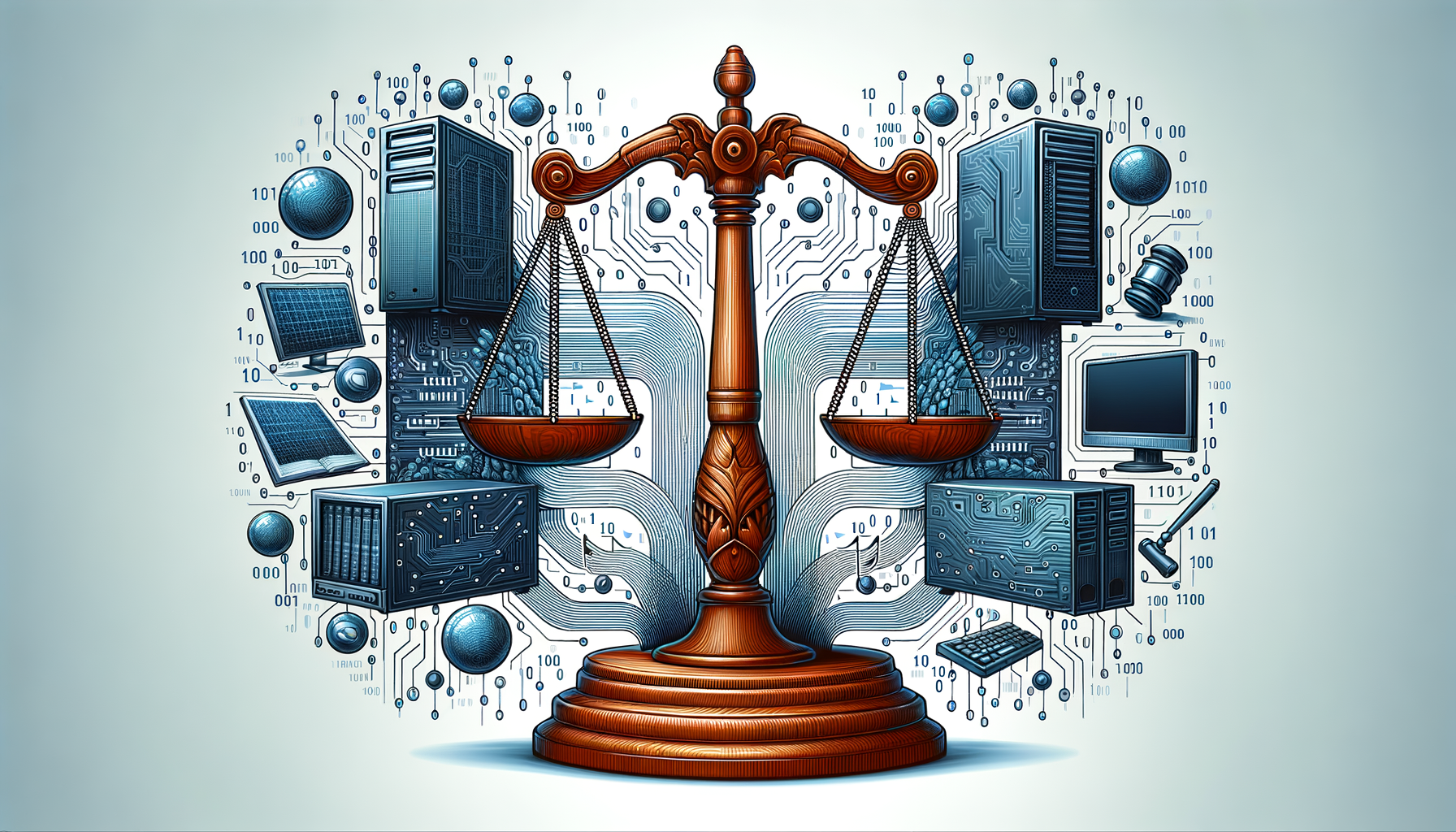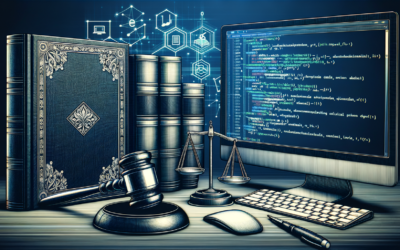Legal Informatics
Legal Informatics refers to the application of computer techniques and emerging technologies within the field of legal practice. This includes the use of law firm management software, legal process automation, predictive jurisprudence and much more.
What is Legal Informatics?
The term “Legal Informatics” refers to the dynamic intersection between IT and law. It encompasses the creation and use of digital tools to facilitate legal work, improve productivity, and perfect the management of legal resources and data.
Evolution and Applications
Historically, law was practiced without computer tools, with large quantities of printed documents and hours of manual research. Today, legal software, sometimes powered byartificial intelligence, has revolutionized the day-to-day operations of industry professionals.
Automation and Document Management
Electronic management of legal documents aims to centralize and structure thousands of documents and procedures, facilitating access to information while securing exchanges. Legaltechs for notaries and other legal professionals use these systems to manage large volumes of customer data.
Big Data and Predictive Analysis
The legal sphere exploits “Big Data” to analyze patterns and make legal predictions. Legal analytics enables lawyers to anticipate trends in case law that have an impact on defense or advisory strategies.
Legal Intelligence
Legal monitoring has been transformed bylegal intelligence, which uses advanced tools to scan mountains of legislative and regulatory texts and court rulings, facilitating informed decision-making.
Emerging Technologies
Advances in information technology have enabled the emergence of blockchain, smart contracts and predictive justice, heralding a new era in which the application of law can achieve unprecedented efficiency and transparency.
Blockchain and law
Blockchain is revolutionizing secure transactions and verification of the authenticity of legal documents without human intervention. It paves the way for applications such as decentralized management of deeds and certificates, and simplifies compliance.
Smart Contracts
Smart contracts, executed via blockchain, represent a giant step forward in the automation of legal agreements. They guarantee unconditional execution of the terms of a contract as soon as the programmed conditions are met, with no risk of human error.
Predictive Justice
Predictive justice algorithms make it possible to anticipate the probability of decisions in legal cases based on previous judgments, providing jurists with a valuable decision-making tool.
Impact on the Legal Profession
The adoption of legal IT enables professionals to simplify their practice, reduce costs and enrich the lawyer-client relationship. It represents a significant competitive advantage, offering a better-informed and more accessible legal service.
Changing roles
With the automation of certain tasks, legal operations are optimized, enabling lawyers to concentrate their efforts on the more complex aspects of their profession, such as advocacy or strategic advice.
Training and Awareness
Lawyers and other legal professionals need to familiarize themselves with these new technologies if they are to remain relevant in the job market. This need for ongoing training has led to the development of a sub-field called‘legal upskilling’, which involves improving the digital know-how of legal professionals.
Frequently asked questions
Here is a list of frequently asked questions for Legal Informatics :
What are the main advantages of legal IT for law firms?
Legal IT increases operational efficiency, improves data management and reduces the risk of errors, while promoting better decision-making.
How does Legal Informatics influence data confidentiality?
Legal informatics solutions incorporate high standards of data security to ensure that sensitive information remains protected and compliant with regulations such as the RGPD.
Can legal technology make justice more accessible?
Yes, thanks to automation and the availability of online resources, legal information technologies are making legal services more affordable and accessible to the general public.
This article has endeavored to present an overview of legal informatics, showing its evolution, its current impact and the challenges and opportunities it offers. Legal professionals are strongly advised to familiarize themselves with this field, as it shapes and will continue to shape the future of legal practice.




